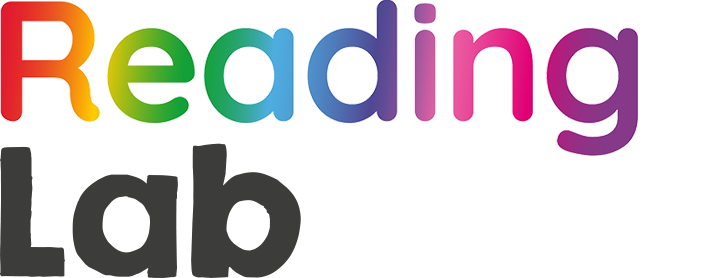
Making sure that children become engaged with reading is one of the most important ways to make a difference to the life chances of children, whatever their socio-economic background. For this to happen, children need to learn to read as fluently as possible and to be motivated to continue reading.
(The Reading Framework, DfE – July 2021)
- The Reading Lab programme is aimed at disadvantaged KS2 pupils who are working just below age-related expectations and with a short catch-up intervention will be able to narrow their literacy gaps.
- Children are assessed before the programme and at the end of the programme using the PIRA assessment (Progress In Reading Assessment).
- This 10-week Catch-Up intervention targets vocabulary, reading fluency and reading comprehension.
- The programme promotes the joy of reading and encourages children to access our Reading Lab libraries to continue reading the books that interest them.
- Reading Lab sessions:
- Focus on the exploration of a range of diverse and inclusive texts including fiction, non-fiction and poetry
- Also encompass a focus on oracy, giving children the opportunity to predict, explain, summarise and describe
- Build confidence in reading as children improve their reading fluency
- Use vocabulary games and activities to ensure children learn new vocabulary in context.
- On completion of the programme, our Reading Lab celebration assembly gives children the opportunity to share learning with parents and teachers and to talk about their favourite texts. Every child receives a certificate and an Illustrated Thesaurus from the charity.
- Additionally, we run a short Reading for Pleasure workshop for parents/carers, with a focus on supporting their child at home.
